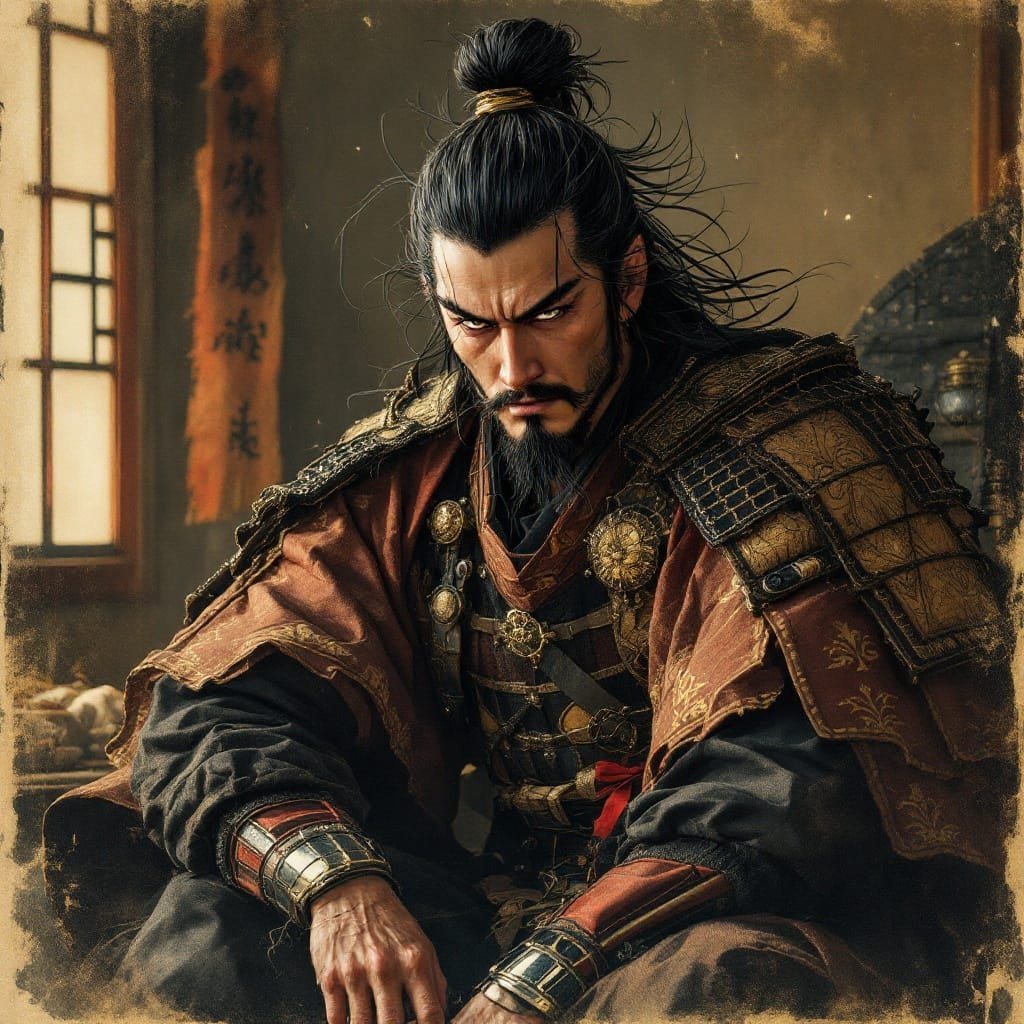MEDITATIONS: DOKKODO; THE WAY OF ALONENESS XVI.
Principle Sixteen
Do not collect weapons or practice with weapons beyond what is useful. (Miyamoto, Musashi)
The will to power often leads one to confuse obsession for optimization. One desires ability, wealth, and status, and so one specializes, accruing more and more of each aforementioned end in an increasingly narrow context. In the realm of martial arts, this means learning more techniques than can be practically practiced, and it means practicing techniques well beyond the soft cap of diminishing returns. Abstracted to other areas of life, to collect or practice beyond what is useful is to stretch oneself too thinly along too thin a line.
In a previous Meditation, Taoist philosopher Lao-tzu was cited. He said:
have just enough talent
have just enough skill
have just the right amount of tools for work
have just the right amount of weapons for protection (Lao-tzu 142)
This advice applies to the Dokkodo’s sixteenth principle as much as the fourteenth, if not more.
For the sale of ability, one sacrifices knowledge and skill in all other unrelated domains. For the sake of wealth, one sacrifices time spent engaging in activities and relationships which provide meaning and happiness. For the sake of status, one sacrifices dignity, integrity, and self-respect in exchange for the admiration of the crowd.
One might become a boxing champion, but that does not stop him from getting choked out by the Jiujutsu blackbelt. In turn, the black belt’s grappling skill will not save him from the mixed martial artist; though neither will the MMA fighter survive against a street thug with a five-inch pocketknife. All one’s life, he might train to be the best fighter in his sport, but being the best in a single contest does not mean much outside of that fleeting moment.
Likewise, the rich man might build an empire of properties and business, but none of that will make his wife and children love him or his community respect him. On his deathbed, his fortune will become nothing but a source of strife over which vultures—the only kind of people to stay by such a man’s side—will fight for scraps. Likely, the empire will collapse shortly after, and nothing will be left of the rich man but his spoiled family legacy.
In the case of status, celebrities provide countless examples of men and women who become hollow shells for the sake of people they hate. Actors, musicians, and politicians alike become prisoners inside their masks. They know that if they showed their true selves, they would be rejected by the masses. And so they specialize in lying. They trade their souls for smiles and celebration; and it invariably leaves them feelings empty and without hope. Drugs and promiscuity fail to fill the hole. It is dug too deep, because they did nothing for so long but dig it, desperate for a treasure they never even wanted.
In all three cases, people fall out of balance. They fixate on attainment and forget that in order to attain, one must travel along the Path or Way. That Path or Way is life itself, the winding narrow Road to which accords “usefulness.” That which is useful harmonizes with the Way, which itself encompasses all aspects of life, not only personal, conscious, and intentional objectives. Pursuing the latter above the former tilts one off the Path; off-balance, he strays away from the objective into the illusion of his own subjectivity. He mistakes a means for an end. He collects and practices with weapons not for the sake of preserving his life and cultivating his character, but for the sake of collection and practice. This inversion of values summons an Ouroboros which will, in the end, devour the man just as his Tower of Babel collapses out from underneath him.
Skill, discipline, courage, and a thirst for knowledge—these are all virtues, and they ought to be cultivated, just not for their own sake. If one remembers this as well as what it is for which one lives—that which is his highest value—then what abilities and possession he accrues to himself will prove sufficient without the need to sacrifice the very thing for which his abilities and possessions were collected in the first place.
adapt to conditions that present themselves
and remember that specialization
is not the useful waycontinuously create instead of acquiring
and enjoy what you createyou are important only if it is not important to you (Lao-tzu 10)
Lao-tzu. Tao Te Ching; An Authentic Taoist Translation, translated by John Bright-Fey, Sweetwater Press, 2014.
Miyamoto, Musashi. Dokkodo, translator unknown, 1645.
